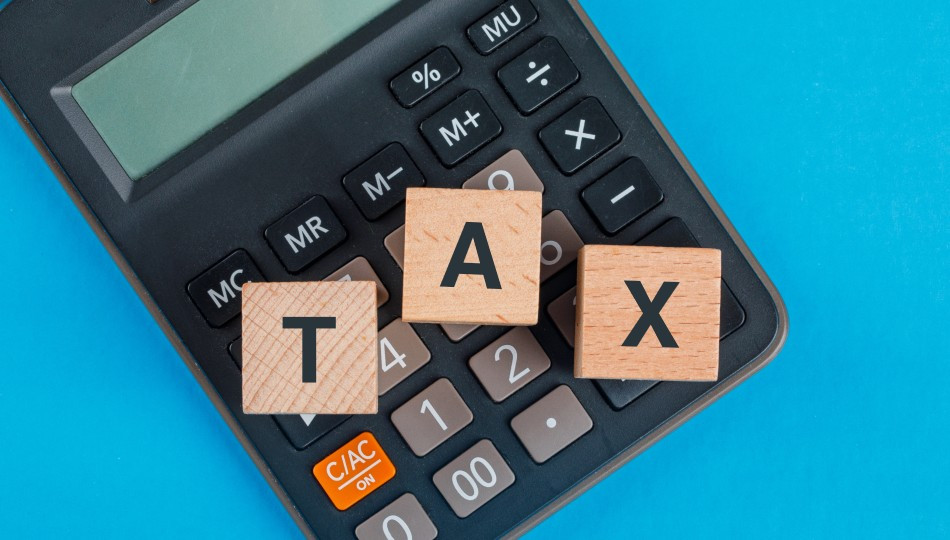Taxes in Poland: How much we pay (and how little we like it)

Editor

Photo: Freepik
related articles
related offers
What are the tax thresholds in Poland?
Before we get into the details on why we have a rather satisfactory relationship with taxes, let’s first answer one core question: What is the income tax in Poland?
In 2025, Poland generally operates under a progressive income tax system with two main brackets:
- Individuals earning up to 120,000 PLN annually pay 12% in income tax, which can be reduced further by a tax-reducing amount of 3600 PLN.
- Anything above this threshold is taxed at 32% (Podatki.gov.pl, 2022).
And let’s not forget VAT, excise, and social security contributions. It’s safe to say that when you factor it all in, the tax burden adds up fast.
It might seem a steep price to pay, especially to those who end up seeing the final sum while doing their own tax returns – and about 55% of Poles do just that (Ariadna, 2025).
Are taxes in Poland high compared to Europe?
But are taxes in Poland really that cumbersome? Let’s put things into perspective.
While 83% of Poles certainly feel they pay too much (LiveCareer, 2024), the numbers tell a more nuanced story. In comparison, according to the Tax Foundation 2025 ranking:
- Denmark (55.9%), France (55.4%) and Austria (55%) have the highest top tax rates in Europe.
- Meanwhile, countries like Romania (10%) and Bulgaria (10%) enjoy the lowest top tax income rate.
Poland, therefore, sits somewhere in the middle – it’s neither the tax paradise nor tax hell some may imagine.
Between duty, discontent, and creative accounting. What do people in Poland really think about taxes?
To put it simply: People in Poland have a lot of very complex – and at times, contrasting – feelings about taxes.
Most Poles see taxes as a civic responsibility – 79% agree it's part of being a citizen (Ariadna, 2025). But that doesn't mean they’re the greatest fans of the system. 80% of respondents believe the Polish tax system is unfair (LiveCareer, 2024), and 93% think it’s too complicated.
But there is one particularly interesting stat: 50% of Poles think it’s acceptable to reduce taxes through less-than-honest means (Ariadna, 2025).
Let that sink in: one in two Poles is totally okay with a bit of creative tax interpretation.
Why do we feel this taxing tax aversion?
Here is where distrust in government spending plays a big role.
A whopping 83% believe the state mismanages taxpayer money (LiveCareer, 2024). That sentiment breeds cynicism: why contribute more when the returns are unclear?
This skepticism even extends to the very purpose of taxes. While three-quarters of Poles want tax revenue to fund the public good – like roads, schools, and healthcare – only 24% support using taxes to reduce social inequality (Ariadna, 2025).
But here’s a twist: higher-educated individuals are more likely to support redistributive taxation. 40% of them back using taxes to close the wealth gaps, compared to just 17% with lower education levels.
Who wants to pay less taxes?
The better question would be: who doesn’t?
A majority (62%) dream of living in a low-tax nation, especially men (63%), and supporters of the right-libertarian ‘Konfederacja’ party (85%). In contrast, only 53–58% of centrist and left-leaning voters agree (Ariadna, 2025).
That shows just how politically charged tax opinions are in Poland.
Surprisingly, many people feel their own group is unfairly taxed, regardless of income. Whether rich or poor, Poles feel shortchanged.
What if taxes vanished?
Most people in Poland say they’d go private:
- 71% would pay for healthcare out-of-pocket if it meant skipping income taxes.
- 65% would do the same for education (LiveCareer, 2024).
Yet only a small fraction actually pay for a college degree today, suggesting this might be more wishful thinking than a practical plan. It’s likely that, when confronted with the realities of privatized healthcare and higher education, like those in the United States, they might reconsider their stance.
To pay or not to pay?
That is the question. And apparently, 74% of Poles think that since their income is self-earned, they shouldn’t have to pay income tax at all (LiveCareer, 2024). Even more dramatically, 73% consider income taxes an illegitimate imposition by the state.
At the same time, 90% want strong public services like healthcare and education – just without the accompanying bill.
It’s a national case of having your cake and eating it too.
References:
LiveCareer. (2024). Co Polacy sądzą o podatkach?
Podatki.gov.pl, (2022). Personal income tax rates
Tax Foundation. (2025). 2025 Top Personal Income Tax Rates in Europe












